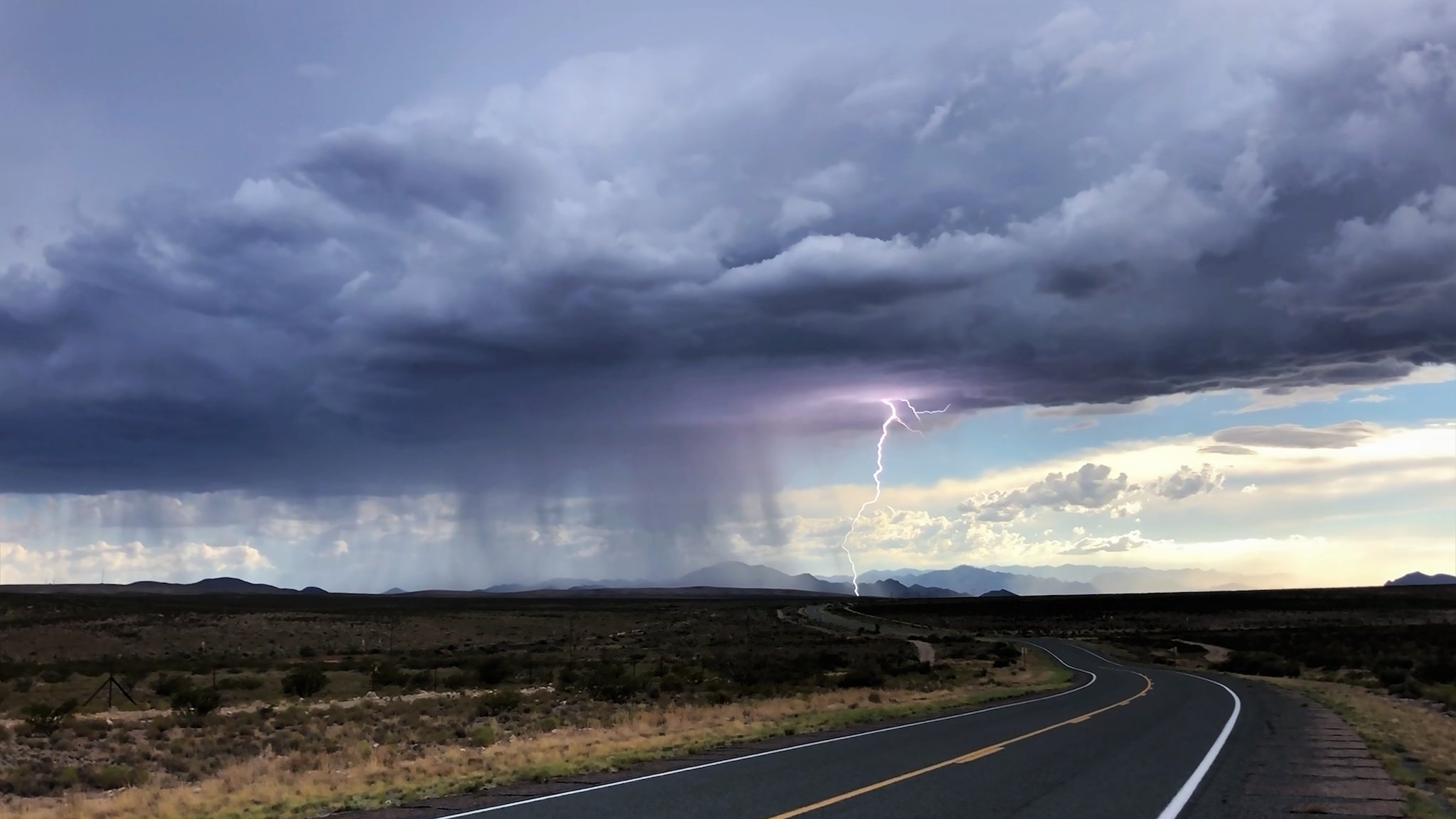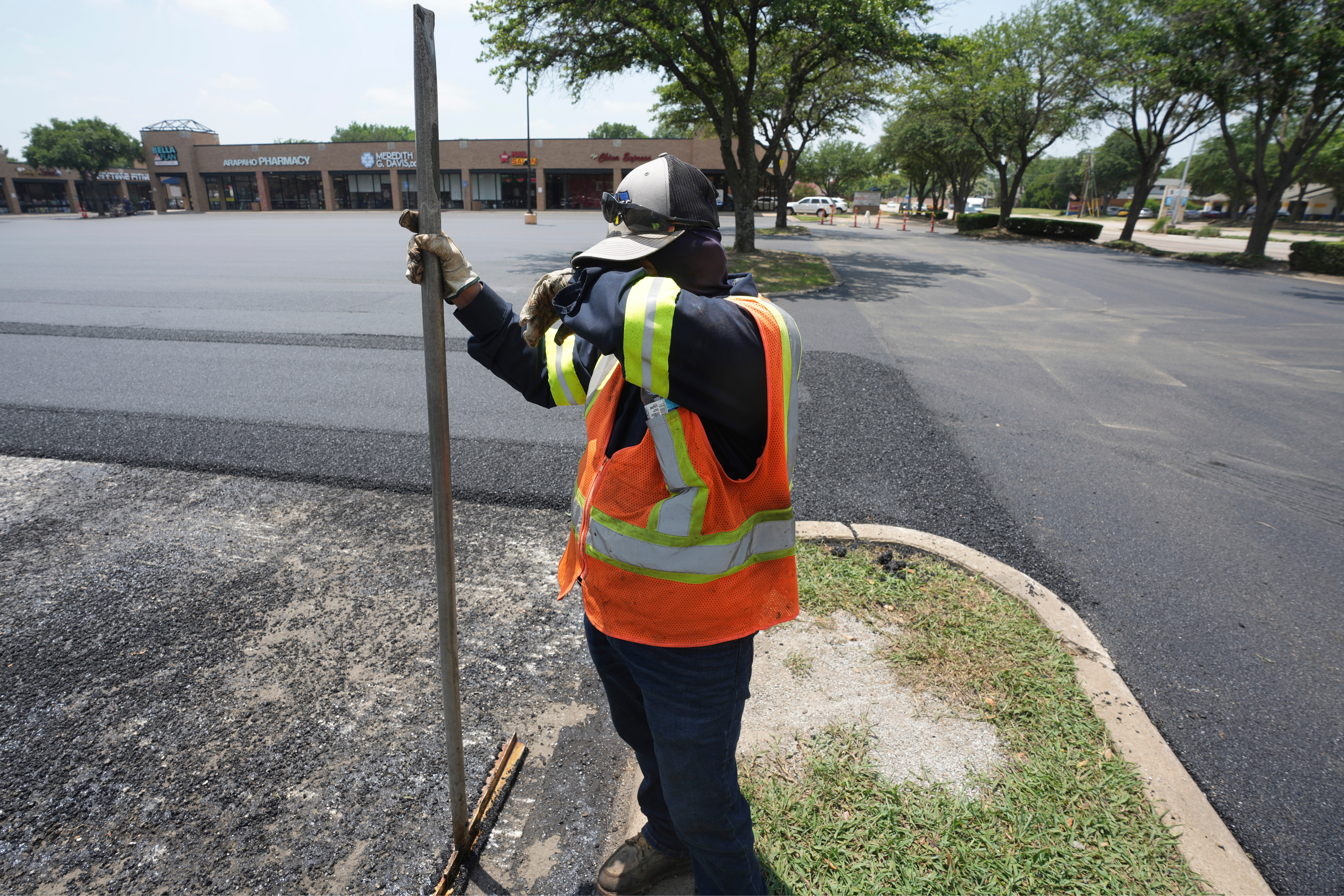Indian Asylum Seekers Still Detained After Hunger Strike

The hunger strike has ended at a federal immigrant detention center in El Paso, but at least 37 men from northern India say they are still being wrongfully detained after requesting political asylum in the United States nearly a year ago.
The men, in their 20s, are from Punjab state, and follow Sikhism. They are part of a minority political party that has advocated for a separate Sikh state. John Lawit, a Dallas-based immigration lawyer representing six of the men, says the party’s members are politically persecuted in India. “They’ve been attacked and threatened with arrest,” Lawit says. “And they’ve been victimized at rallies and their families have received death threats.”
The majority of the men arrived last June and July and requested asylum at the international port of entry at Columbus, New Mexico. From there they were detained and transferred to the El Paso Processing Center. Lawit says his clients have passed their credible fear examinations and should have already been released on parole to wait for their day in immigration court. “It’s abysmal,” Lawit says. “They’re being held indefinitely, and ICE has thrown away the key.”
The men started their hunger strike to protest their continued detention, Lawit says. The men began the strike on April 8 and ended it April 21 after Immigration and Customs Enforcement (ICE) agents promised to facilitate their release, Lawit says. But the agency has yet to make good on its promise, Lawit says. “There’s a very strong chance that there could be another hunger strike,” he says. ICE wouldn’t comment on specifics of the case.
The El Paso strike came just weeks after separate and unrelated hunger strikes at immigrant detention centers run by the private corporation GEO Group in Tacoma, Washington, and Conroe, Texas. With no movement in Congress on immigration reform and a growing number of immigrant detention facilities, families have become increasingly desperate to see their relatives released. In 2011, the U.S. Department of Homeland Security held a record-breaking 429,000 immigrants in more than 250 facilities across the country, even though a majority of the cases didn’t warrant detention, according to the ACLU.
El Paso is the toughest venue for political asylum cases in the country, Lawit says. “I’ve been practicing there for 35 years, and it’s always been that way,” he says. El Paso has an 87 percent denial rate for asylum. The national average is 50 percent. El Paso Immigration Court Judge Thomas C. Roepke has the fourth highest denial rate in the nation, rejecting 96.7 percent of all applications, according to a 2012 report by the Transactional Records Access Clearinghouse (TRAC), a research organization based at Syracuse University. But the El Paso sector also has an unusually high number of immigrants without legal representation, and without a lawyer, it’s often difficult to win asylum. And now some of them, desperate to get their cases moving, are resorting to hunger strikes.


